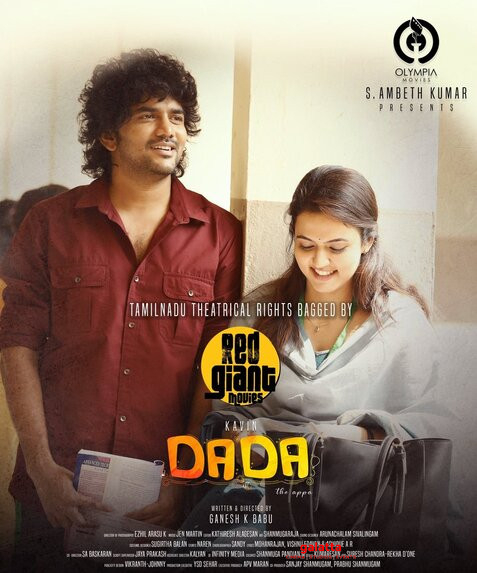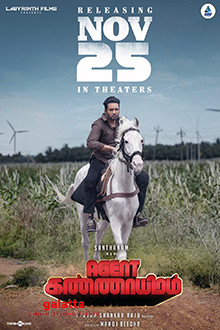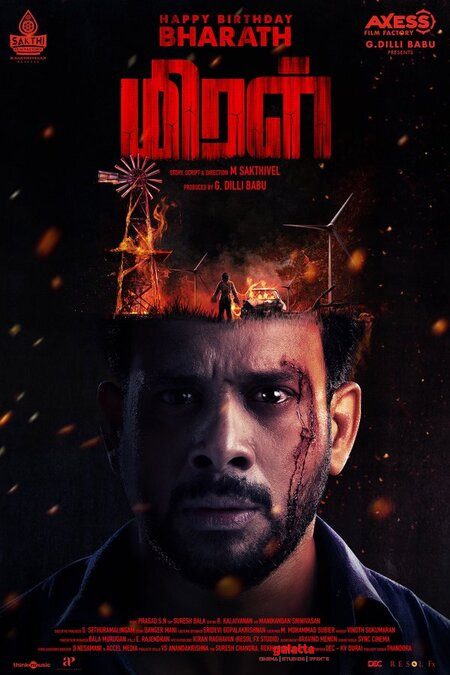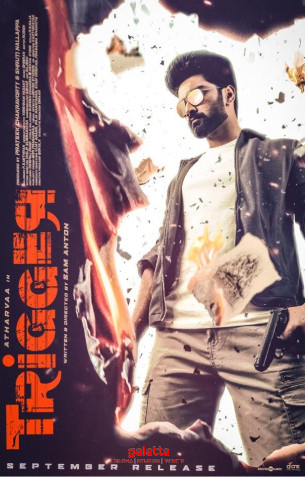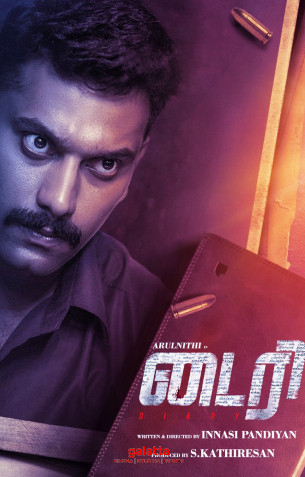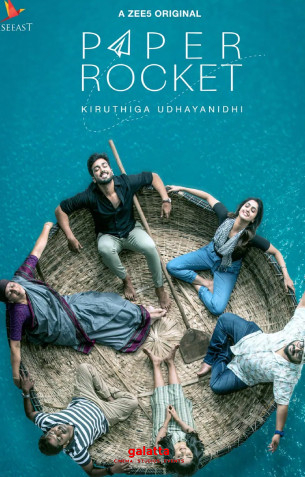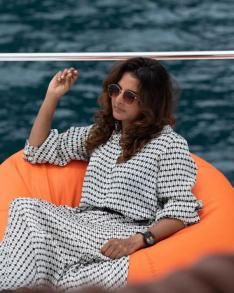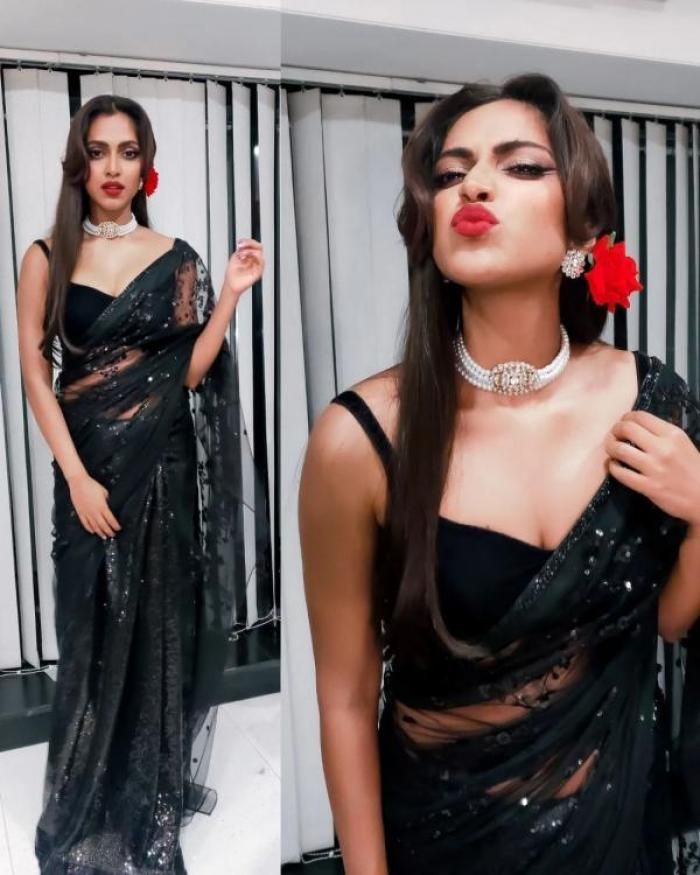Dear Vaappi Movie Cast & Crew
There's something utterly endearing about a big, burly man like Lal playing someone whose dream is to become a fashion designer. (The character's name is Basheer.) This is a stereotype, of course – there is no body type for any profession. But actors are often so stereotyped themselves – because of their body type, their voice, and so forth – that it is refreshing to find even traces of a difference. Take Lal in Njandukalude Nattil Oridavela. It's another "soft" role, like in Dear Vaappi, and it comes with a vulnerability that the character does not have the courage to handle his wife's illness. The idea that this big, burly man is not as strong as his frail-looking wife is, again, an endearing touch. It may not have worked as well with an actor who had a more "sentimental" screen presence. It is due to Lal that Dear Vaappi works to the extent that it does.
The first half of Shan Thulaseedharan's film works quite well in a low-key mode. We spend most of the time with Basheer, his wife, and daughter Amira (Anagha Narayanan). It's only when Amira's love interest comes into the picture does the music swell and become "cinematic". (Niranj Maniyanpilla Raju plays this character, named Riyaz.) The no-surprises story revolves around entrepreneurial dreams. Basheer had to give up his dream due to family circumstances, but now, he wants Amira to fulfil the dream – "but only if she wants to". The surprise lies in this subtext, that this conservative Muslim family is giving the daughter a choice, a say, in everything – whether it is about marriage or covering her head with a scarf. After listening to Basheer, a friend with married daughters laments that he wishes he had another daughter he could give this freedom to.
Even Riyaz gives Amira a choice: he wants to be with her, "but only if she wants to". I loved that he had her number but did not call her because… that would be wrong. Dear Vaappi pulls off this sweet, simple, feel-good vibe – and this abundance of good people thinking good thoughts and doing good things does not become too syrupy or sentimental. Screenplay writers are often taught that the main thing in drama is conflict, conflict, conflict. But sometimes – and for a certain duration – a tangible vibe is enough. Riyaz helps Basheer not because he wants to impress the father of the girl he loves, but because he knows what it is to chase entrepreneurial dreams. The camera in his hands is no accident. A little arc like that is enough to define the man. And it makes it easy to see why Basheer wouldn't mind his daughter marrying Riyaz, "but only if she wants to".
Of course, at some point, some conflict has to creep in, and Amira finds herself thrown into the deep end. This occurs at the interval stretch, and thereon, the gauzy, feel-good nature of the film becomes a major problem. Dear Vaappi does not want to take Amira or the audience into dark areas – and the rest of her entrepreneurial journey becomes laughably simplistic. Problems raise their heads – fire in the factory! bankruptcy! – only to be resolved in quick montage-like stretches. Even the man who wants to buy out Amira says… "but only if she wants to". At no point do we feel Amira's despair that she might fail in her dream, her father's dream – and this edge could have really elevated the film. The second half plays like an inspirational music video, with lines that resemble "you can do it" slogans. "Feel good" is a nice flavour, but it can't be the whole meal.




